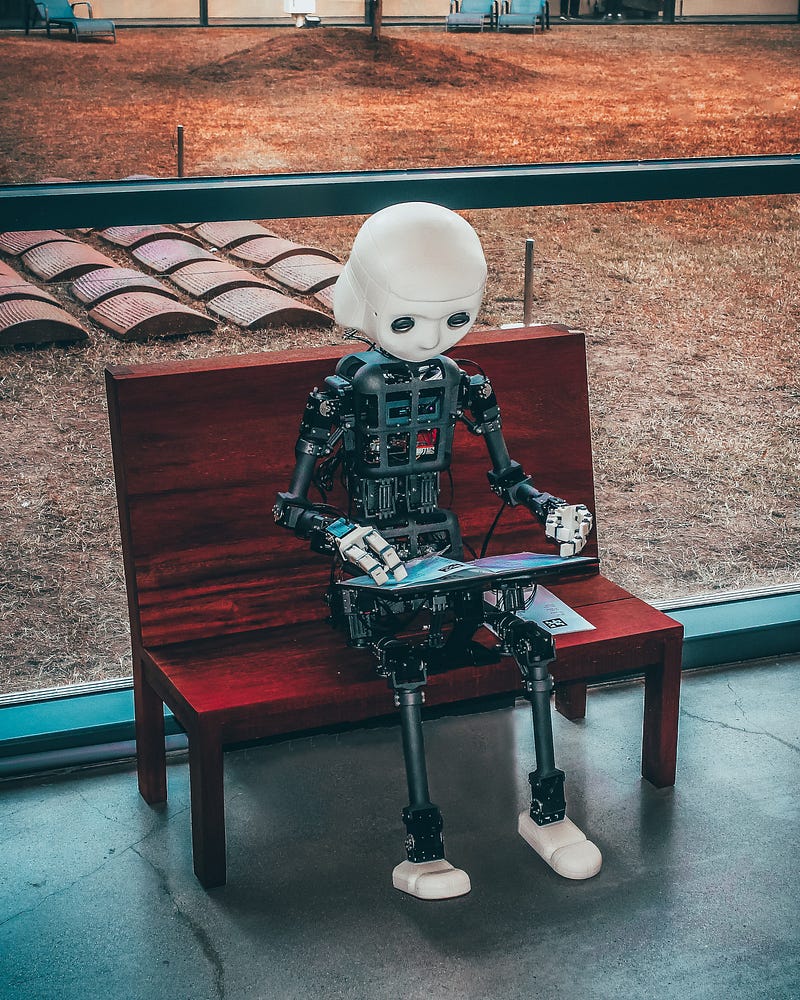# Exploring Future Careers: Skills for Tomorrow's Jobs
Written on
Chapter 1: The Changing Landscape of Employment
The job market is in a state of flux, prompting many to wonder what the future holds for employment opportunities. Recent upheavals in various regions and the ongoing economic challenges facing businesses have intensified the urgency surrounding this issue. The World Economic Forum (WEF) sheds light on these developments in its report titled "The Future of Jobs and Skills."
One particularly eye-opening finding from the report is the prediction that 65% of children currently in primary school will eventually enter job roles that do not yet exist. This statistic highlights the ever-evolving nature of the workforce and underscores the necessity for continuous adaptability and lifelong learning.
To illustrate, consider the Baby Boomers who completed high school in the 1960s. They likely could not have envisioned careers in fields such as Search Engine Optimization or Social Media Marketing. Even if these concepts had been introduced to them, the idea of preparing for such roles would have seemed overwhelming. This serves as a reminder of how challenging it can be to foresee the specific nature of future job opportunities.
The report stresses the significance of preparing for shifting skill requirements and job roles. This preparation is essential for individuals, businesses, and governments to take advantage of new trends while minimizing negative consequences. Skills such as critical thinking, ongoing education, and literacy will be vital for navigating the unpredictable job market of the future.
Choosing to leave education prematurely is ill-advised when considering the rapidly evolving job landscape. The catalysts for these changes have been developing over decades, converging into what is now recognized as the Fourth Industrial Revolution. This revolution encompasses a variety of fields, including artificial intelligence, machine learning, robotics, nanotechnology, 3D printing, genetics, and biotechnology.

Photo by Andrea De Santis on Unsplash
These technologies not only reinforce one another but also promise to tackle numerous challenges, from supply chain optimization to addressing climate change. The increasing presence of intelligent systems in homes, factories, farms, and cities showcases the transformative potential of this revolution.
As this dynamic environment evolves, new careers will surface, with the report offering key examples. Data analytics is one such field where the capacity to derive meaningful insights from the vast amounts of data generated is crucial. For instance, self-driving vehicles must analyze countless data points each second to navigate safely.
Another category of future careers will build on existing positions. Sales professionals, a longstanding occupation, will continue to be essential in increasingly complex industries. To remain relevant, individuals in this field must commit to continuous learning and be adept at conveying intricate concepts in accessible terms for clients.
In addition, other future jobs will leverage established skills as a foundation. Proficient writers who specialize in niche topics and stay informed will continue to hold significant value. While tools like spell-checkers and grammar assistants are beneficial, they cannot substitute for the in-depth knowledge required to write about complex subjects like wind turbine lubricants or advancements in nanotechnology-driven filtration efficiency.
The ability to thrive in the future job market hinges on continuously expanding one's skill set, whether through knowledge acquisition, hands-on experience, or critical thinking application. Adaptability and a dedication to lifelong learning will be essential for success in a job market poised for considerable transformation.
The first video titled "15 Top-Paying Jobs of the Future (and jobs that have no future)" provides insights into lucrative career paths and those likely to decline.
The second video, "23 JOBS OF THE FUTURE (and jobs that have no future)," explores emerging job roles and those facing obsolescence.
Chapter 2: Embracing Change in the Workforce
The integration of Artificial Intelligence (AI) into Quality Assurance (QA) has garnered significant attention. AI is transforming QA processes, enhancing test case generation, defect prediction, and automation.
AI's influence is not limited to QA; it also raises concerns about job displacement. However, it's essential to recognize that AI will not eliminate jobs; rather, it will change the nature of work. Those who leverage AI effectively will thrive in this new landscape.
OpenAI's recent advancements, including features that allow ChatGPT to communicate verbally and interpret images, open new avenues for interaction and application in various fields. As these technologies evolve, they will undoubtedly reshape how we approach work and creativity.